Originally Presented LIVE by Passy Muir
Now Available in a Recorded Format for the Holiday Season (Nov 1 – Dec 31)
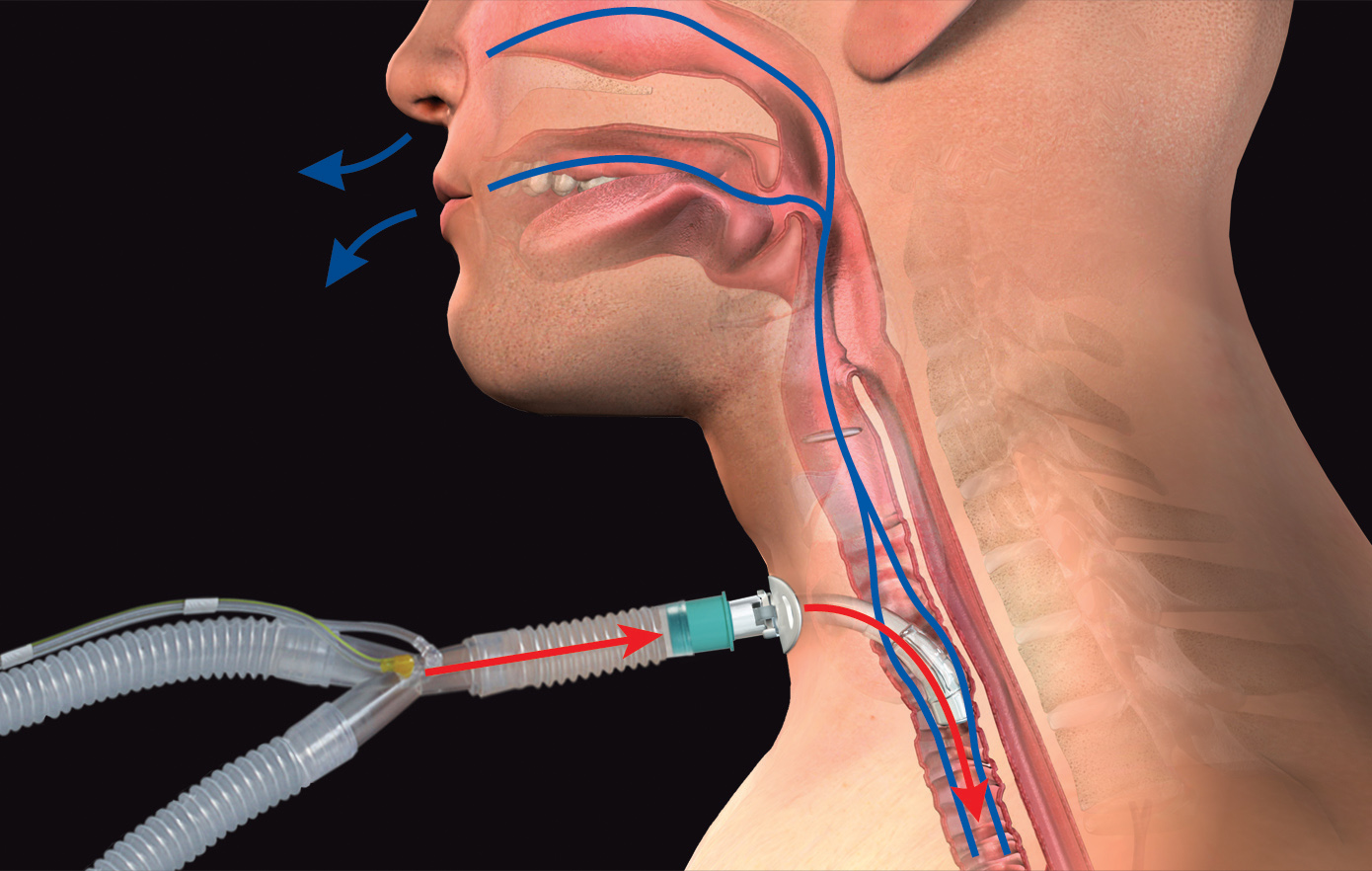
Welcome to the 2024 Workshops & Seminars webpage. Click the tab labeled “Workshops” below to find the list of workshops and to register through the rest of 2024. Under these tabs, you also will find the course options, course descriptions, speaker bios, and continuing education information. Each course is unique and covers evidence-based practice considerations for this medically complex patient population.
Location:
Online Platform – RingCentral
LIVE & RECORDED VIRTUAL courses (unless otherwise noted), using a special platform. Links to join course will be provided after registration.
Multidisciplinary – Open to nursing, respiratory therapists (RT), speech-language pathologists (SLP), and any healthcare professional who works with this medically complex patient population.
Featuring:
Robin Helms, BS, RRT
Kristin King, PhD, CCC-SLP
Tiffany Oakes, MS, CCC-SLP
Gabriela Ortiz, BSRT, RCP
Program completion requirements: Participants must be present for the entire program to receive continuing education. Individuals who are not present for the full program are not eligible to be recommended for CEUs. No partial credit can be provided.
Bookmark this webpage and revisit it as we add courses and seminars to the schedule at various times during any given year, including special guest speakers and topics.
Overview
Workshops:
Workshops are special courses that provide more intensive learning on specific topics related to the care of patients with tracheostomies and who are to be assessed for Passy-Muir Valve use. These 3-hour courses focus on a particular topic, including mechanical ventilation, ethics, and considerations for complex diagnoses. They cover these topics in depth and present research that supports any guidance or recommendations provided in the workshop. These courses are provided by Clinical Specialists in respiratory therapy or speech-language pathology. Our workshops are interactive and allow time for Q&A. They are now available in a recorded format for the holiday season (Nov 1 – Dec 31).
Seminars:
Seminars range from 7.5 hours to 9.5 hours in length. They provide a broader range of information than the workshops, working through the care of patients following tracheostomies and covering everything from tracheotomies to speaking valve use, dysphagia, and considerations for rehabilitation, all in one course, and are age-specific. The seminars have interactive polls, Q&A, panel discussions, breakout sessions, and more.
Promoting a multidisciplinary approach, the workshops and seminars provide:
- Steps and strategies for assessing use of the no-leak bias-closed position Valve
- Discussions about patients both with and without mechanical ventilation
- Techniques for improving communication, swallowing, and secretion management; restoring pressures and voicing; and enhancing quality of life
- Assessment and placement criteria for Valve use
The workshops and seminars are provided in both a live and recorded format, as noted. Be sure to read the course description to see what specifically is covered in each course. Go to the corresponding tab for workshops or seminars and select your choice(s). Click on “register” to go to a separate page to allow you to register and pay for your course(s). Courses are offered through a third-party platform which does not allow a cart. You must register for all courses individually.
Workshops
Coming soon!
Seminars
Coming soon!
Speakers
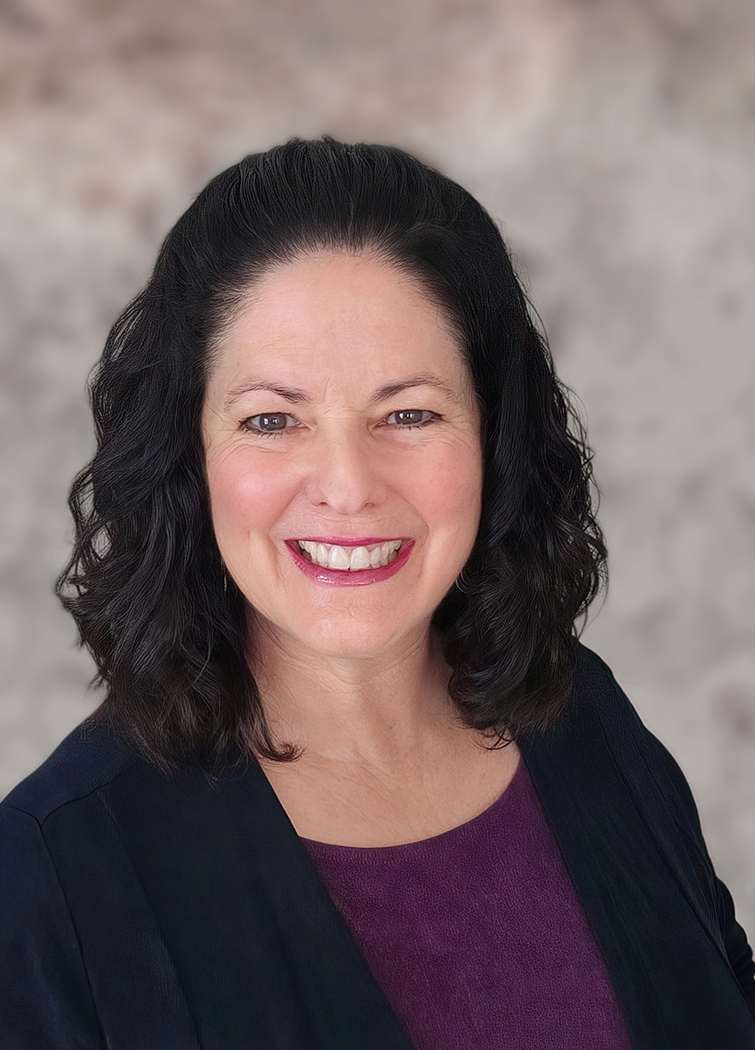
Kristin King, PhD, CCC-SLP
With over 25 years of experience in medical, academic, and industry settings, Dr. King brings a unique perspective to medical speech-language pathology. With a focus on neurological disease processes, her research and teachings have investigated traumatic brain injury, swallowing disorders, and aspects of critical care (tracheostomy and mechanical ventilation). She regularly speaks both domestically and internationally and publishes in peer-reviewed and clinical journals. She also has acted as an expert witness.
Disclosure:
Financial – Dr. King is an employee of Passy Muir Inc.
Nonfinancial – Dr. King has no non-financial disclosures to disclose.
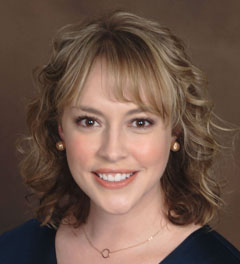
Tiffany Oakes, MS, CCC-SLP
Tiffany graduated with a Master’s in Speech-Language Pathology from the University of Tennessee Health Science Center in 2012. She has been a medical SLP in various settings from acute care to home health, treating both the adult and medically complex pediatric populations. Tiffany has experience developing patient care pathways to guide assessment and treatment selection for patients in home health, at both the state and national level. She has participated in research related to patients with TBI and sports concussions, and she has experience with research analysis and writing white papers. She is a volunteer for Remote Area Medical (RAM), assisting with medical services. She also participates in the development of multimedia education related to healthcare and clinical practice.
Disclosure:
Financial – Tiffany Oakes is an employee of Passy Muir Inc.
Nonfinancial – Tiffany Oakes has no non-financial disclosures to disclose.
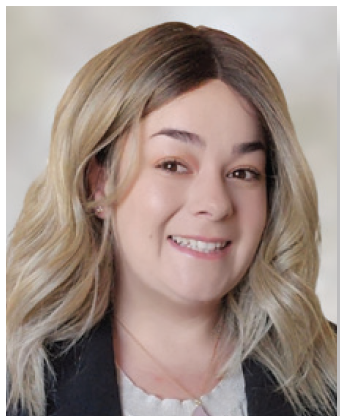
Robin Helms, BS, RRT
Robin Helms is a registered respiratory therapist who has over 5 years of clinical experience working with acute care patients at a Level 1 trauma center. She completed her Bachelor’s degree in Respiratory Care in 2018. Robin has experience working with patients in many different critical care areas, such as medical, cardiac, trauma, emergency, and more. Robin has recently joined our Passy Muir clinical team to explore a new role in education. She is currently a full-time clinical specialist for Passy Muir.
Disclosure:
Financial – Robin Helms is an employee of Passy Muir Inc.
Nonfinancial – Robin Helms has no non-financial disclosures to disclose.
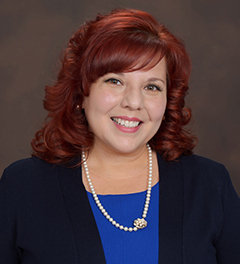
Gabriela A. Ortiz, BSRT, RCP
Gabriela Ortiz earned her Respiratory Care Practitioner license in 2006. She has extensive experience managing patients at different stages of care, including acute, sub-acute, sleep therapy, and homecare. As the Respiratory Clinical Director and General Manager at a respiratory care provider, Gabriela managed all company operations, including patient assessment and case management for pediatric and adult patient populations. Through her clinical knowledge, Gabriela advanced into clinical training and sales for critical care ventilation products for the ICU and PICU within acute and subacute hospitals. Gabriela combines her clinical experiences to support others through education, and she is an invited speaker for educational institutions, state and national conferences, Better Breather’s Club, and ALS support groups. She has authored and co-authored multiple clinical papers, including peer-reviewed, on respiratory topics such as the progression of ALS, effects of a tracheostomy in neonates, and respiratory care plans for patients in homecare. Gabriela is currently a full-time Clinical Specialist with Passy-Muir, Inc.
Disclosure:
Financial – Gabriela A. Ortiz is an employee of Passy Muir Inc.
Nonfinancial – Gabriela A. Ortiz has no non-financial disclosures to disclose.
CEU Information
Continuing education credit offered for RTs, SLPs, and RNs. All others will receive a Certificate of Attendance.
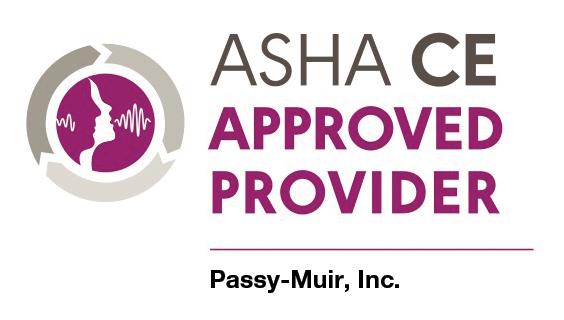
Seminars: Live Instruction is offered for 0.75 ASHA CEUs, Intermediate level
–Advanced Ventilation – recorded course is offered for 0.1 ASHA CEUs, Intermediate level
–Advanced Dysphagia – recorded course is offered for 0.1 ASHA CEUs, Intermediate level
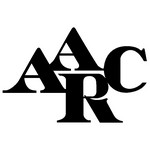
Seminars: Instruction is offered 7.5 live CRCEs
–Advanced Ventilation – offered for 1 recorded CRCE
–Advanced Dysphagia – offered for 1 recorded CRCE
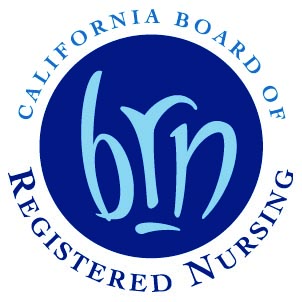
Registration / Cost
Space is limited and registrations will be accepted in the order received.
Workshop Registration: $30.00 per workshop
Holiday season special: The first workshop is $30, and each additional workshop will be $15. A special promo code for 50% off additional workshops will be emailed within a few days after registering for your first one. This promo code is good only during this holiday season and only on the listed workshops.
Student Registration: Please contact education@passymuir.com for information.
Print outs: Will be emailed prior to the course to registered participants only and are included in the cost of the courses. If you have not received your handouts by the evening before your course, please email education@passymuir.com.
Assistance: All participants in Passy-Muir, Inc. Continuing Education Courses are entitled to an accessible, accommodating, and supportive teaching and learning environment. Please inform us prior to the date of your course of any specific needs you have so that we may assist you.









